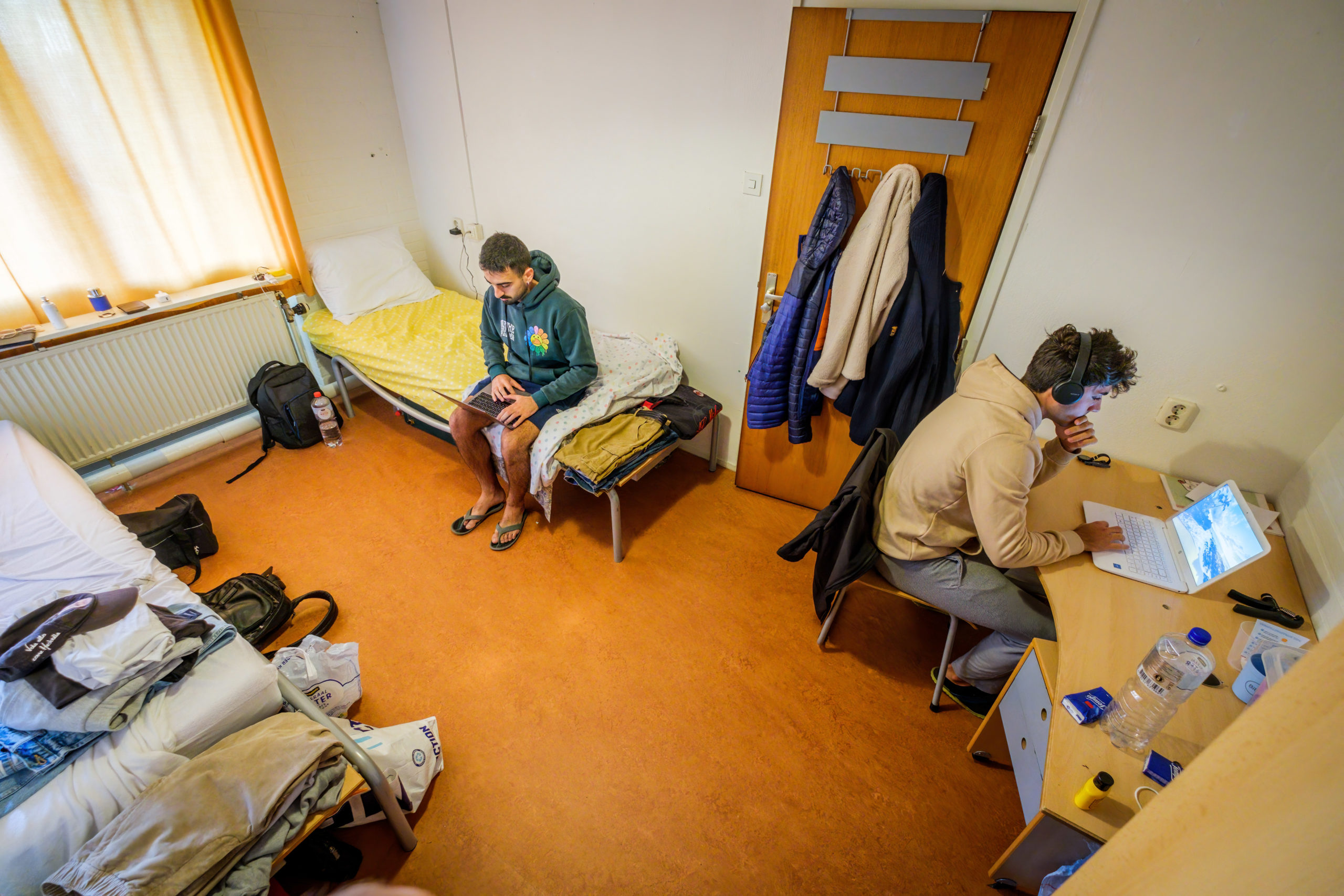The United Kingdom will rejoin the European exchange program Erasmus+. This was agreed between the EU and the UK last Monday. The details have yet to be negotiated.
Four years ago, the UK unexpectedly left Erasmus+. This made it more difficult for Dutch students to go on exchange to England. But now that there is a new government in London, the British and the Europeans are again seeking rapprochement. The geopolitics of Donald Trump and Vladimir Putin also has to do with that.
With new agreements on defense, trade and fisheries, the ‘British exit’ from the EU was softened slightly on Monday. Ursula von der Leyen, president of the European Commission, also announced that the United Kingdom will rejoin Erasmus+. Exactly how that will be arranged and paid for, Von der Leyen and British Prime Minister Keir Starmer could not yet say.
In love
In a press conference, Von der Leyen referred to her own time, in the 1970s, as a German student at the London School of Economics. Such an exchange makes you fall in love with a country and shapes you for life, Von der Leyen said.
Getting the British back into Erasmus+ has always been a major goal of the EU, but the British themselves are divided. The Conservative leader is critical of Starmer’s deal. She fears ‘unlimited migration’. Grip on migration was one of the reasons for the British to leave the EU.
When the United Kingdom was still in Erasmus+, it was a net recipient of European students. In an average year, twice as many ‘continental’ students went to the UK as the other way around.
Wageningen
The UK was also a reasonably sought-after destination for Wageningen students, says coordinator of WUR’s Exchange Team Eric de Munck. ‘Especially if you compare that with other countries that are close by, such as Germany, France or Belgium.’ Even after the Brexit, there was still interest in studying there, continues De Munck. ‘Conversely, the interest from there to study in Wageningen is a lot lower.’
Translated using DeepL.com

 In the future, WUR students here may be able to go on exchange again. Photo Shutterstock
In the future, WUR students here may be able to go on exchange again. Photo Shutterstock 